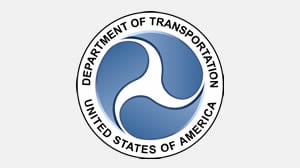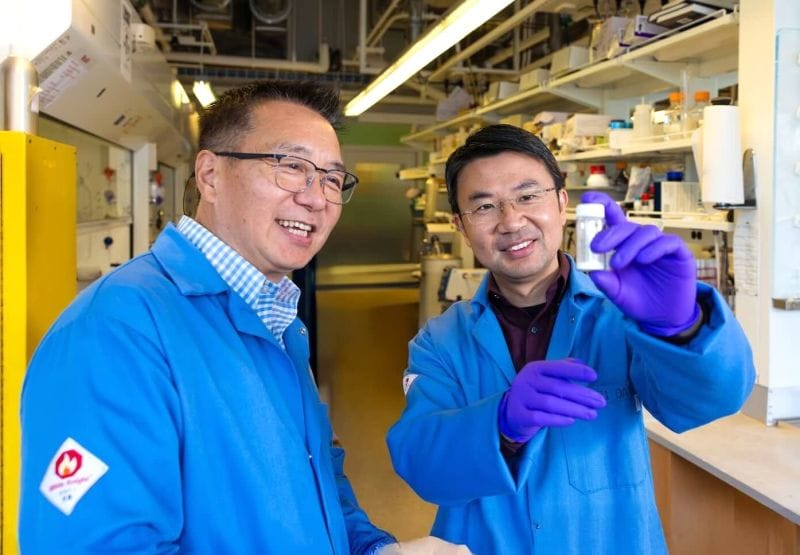RSS feed source: National Science Foundation
U.S. National Science Foundation
Directorate for Social, Behavioral and Economic Sciences
Directorate for Biological Sciences
Directorate for Computer and Information Science and Engineering
Directorate for STEM Education
Directorate for Engineering
Directorate for Geosciences
Directorate for Mathematical and Physical Sciences
Office of Integrative Activities
Full Proposal Deadline(s) (due by 5 p.m. submitting organization’s local time):
April 17, 2025
March 06, 2026
Important Information And Revision Notes
This revision adds For-profit organizations and Tribal Nations to the types of organizations eligible to submit proposals.
Any proposal submitted in response to this solicitation should be submitted in accordance with the NSF Proposal & Award Policies & Procedures Guide (PAPPG) that is in effect for the relevant due date to which the proposal is being submitted. The NSF PAPPG is regularly revised and it is the responsibility of the proposer to ensure that the proposal meets the requirements specified in this solicitation and
Click this link to continue reading the article on the source website.



